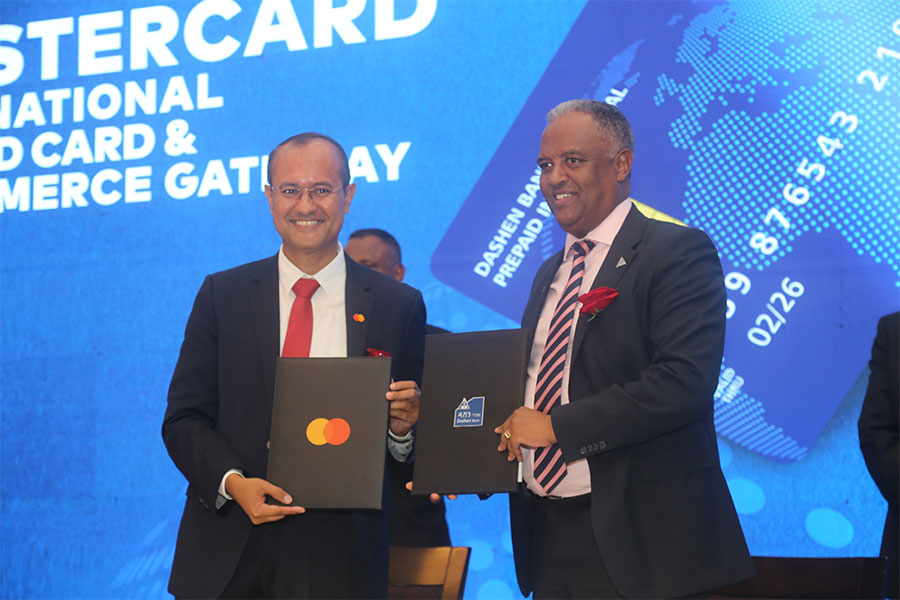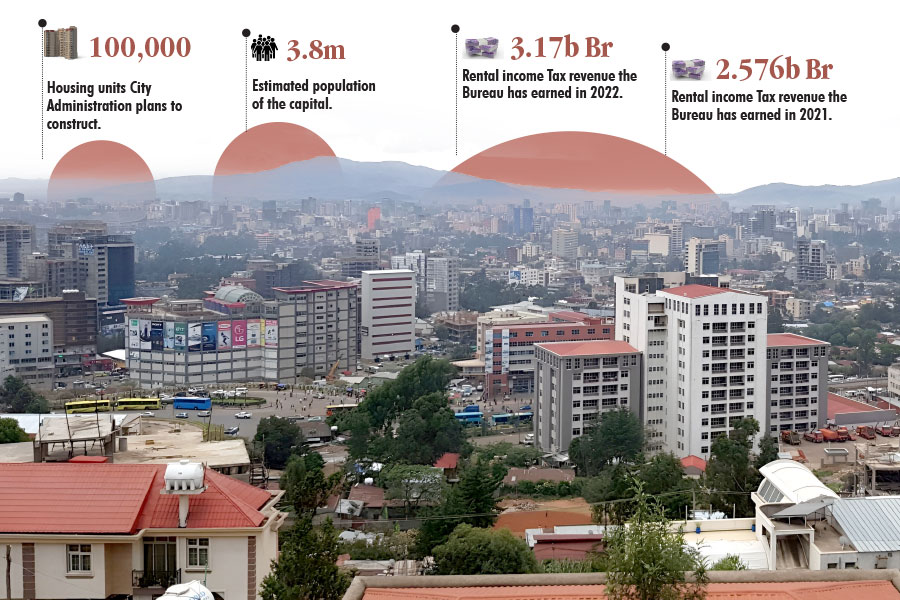
Radar | Oct 14,2023
Apr 28 , 2024
By Eden Sahle
Since graduating from law school, I have attended countless women's conferences and workshops. These gatherings offer valuable learning opportunities and connections with inspiring people and organisations. However, a common thread weaves through these in-person events is hefty price tags.
High-star hotels usually host these conferences, and the costs associated with venue rentals, catering, and breaks seem excessive for resource-strapped organisations. Logistics consume a major portion of time, with tea and lunch breaks disrupting the flow and exhausting participants. Security measures for high-ranking officials further eat into valuable conference time – a hurdle easily avoided with virtual meetings.
Organisations pay speakers and paper presenters sometimes, even those incurring minimal travel costs within the city. I once presented research at a conference, receiving a substantial honorarium that I had to donate back to the organisation.
Leaders working for women's justice, equity, and opportunity spend a surprising amount of time planning frequent conferences. Resources are poured into designing and printing banners, roll-ups, stage covers, flyers, and booklets – all to attract women who are already successful.
These resources could be far better used to empower vulnerable women seeking justice and opportunities. Conference budgets could be directed towards those who need them most. Open, strategic virtual campaigns and meetings, inclusive of both genders, can be more effective than closed-door hotel discussions with a select group.
The pandemic highlighted the power of virtual gatherings. Online conferences and workshops offer a cost-effective way to connect large numbers of people. Virtual platforms offer wider reach, easier information dissemination, and more equitable speaking opportunities. This approach attracts a broader audience, including potential supporters of their mission.
Virtual meetings remove geographical limitations, allowing regional and global participation. Experts and mentors can share educational content, research, and projects online, making it easier for the public to learn and contribute as allies. Recordings of virtual sessions further enhance information transfer and accessibility.
Networking remains effective online. Most virtual platforms display participant names, contact details, and business cards, facilitating connections during and after the conference. Going virtual offers substantial value for managing tight budgets.
Virtual meetings provide dynamic solutions for collaboration, ideal for large groups. They empower organisations and individuals to connect effortlessly across financial and geographical barriers. Non-profits can significantly reduce travel, accommodation, and venue costs, allowing them to allocate resources more efficiently towards core goals.
This shift frees up valuable time for professionals to focus on solutions rather than logistics. Individuals gain the flexibility to attend conferences from their homes or offices, boosting overall participation. The time saved through virtual meetings translates into enhanced productivity for professionals.
Collaboration tools and screen-sharing features in virtual meetings enable seamless communication and idea exchange. This leads to more focused discussions, faster decision-making, and smoother collaboration without disruptive breaks. It also allows to gather and analyze feedback, leading to improved interaction and progress towards shared goals of expanding human rights.
Virtual meetings open doors for men and women to come together, learn from each other and work towards equality. Networking, discussions, and problem-solving in a virtual space can foster collaborative solutions. Increased interaction and dialogue between genders can lead to a better understanding of historical biases and pave the way for their elimination.
Creating a diverse and inclusive virtual platform is crucial for achieving gender equality goals. Shifting conferences and workshops online requires strategic planning and creativity. Done effectively, this approach can empower non-profit organisations to expand their reach and support to the women who need them most. It is a worthwhile initiative – cost-effective, time-efficient, and a powerful tool for widespread impact.
PUBLISHED ON
Apr 28,2024 [ VOL
25 , NO
1252]

Radar | Oct 14,2023

Commentaries | Jul 17,2022

Radar | Mar 02,2024

Radar | Aug 21,2023

Sponsored Contents | Jun 15,2022

Fortune News | Jun 18,2022

Radar | Aug 27,2022

Radar | Jan 01,2023

Fortune News | Apr 03,2023

Advertorials | Feb 12,2024

Photo Gallery | 98079 Views | May 06,2019

Photo Gallery | 90301 Views | Apr 26,2019

My Opinion | 67995 Views | Aug 14,2021

Commentaries | 65905 Views | Oct 02,2021
Editorial | May 02,2024

Feb 24 , 2024 . By MUNIR SHEMSU
Abel Yeshitila, a real estate developer with a 12-year track record, finds himself unable to sell homes in his latest venture. Despite slash...

Feb 10 , 2024 . By MUNIR SHEMSU
In his last week's address to Parliament, Prime Minister Abiy Ahmed (PhD) painted a picture of an economy...

Jan 7 , 2024
In the realm of international finance and diplomacy, few cities hold the distinction that Addis Abeba doe...

Sep 30 , 2023 . By AKSAH ITALO
On a chilly morning outside Ke'Geberew Market, Yeshi Chane, a 35-year-old mother cradling her seven-month-old baby, stands amidst the throng...

May 2 , 2024
For successive generations of Ethiopia's tax authorities, the chore of tax collection...

Apr 27 , 2024
The Prosperity Party (PP) - Prosperitians - is charting a course through treacherous...

Apr 20 , 2024
In a departure from its traditionally opaque practices, the National Bank of Ethiopia...

Apr 13 , 2024
In the hushed corridors of the legislative house on Lorenzo Te'azaz Road (Arat Kilo)...

May 3 , 2024
The feel-good life coaching industry would have people believe that success is not only about showing up in the swirling whirl of modern lif...

May 4 , 2024 . By BERSABEH GEBRE
Brook Taye (PhD), the director general of the newly established Ethiopian Capital Market Authority (ECMA), has issued a stern warning to com...

May 4 , 2024 . By MUNIR SHEMSU
Dreams of an agriculture sector unshackled from the whims of rain remain tethered to the struggling Minis...

May 4 , 2024
Large public projects exceeding 250 million Br will be required to use Building Information Modelling (BI...